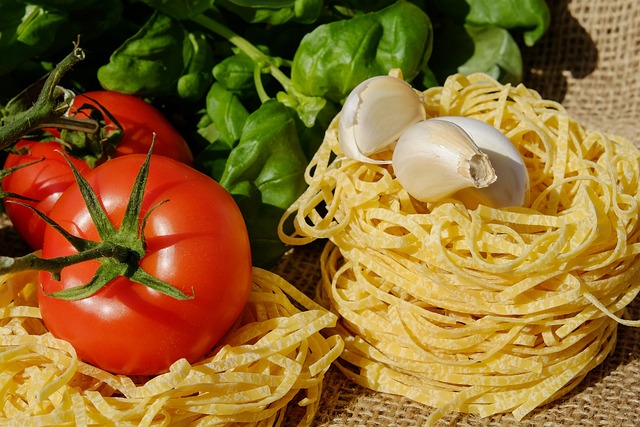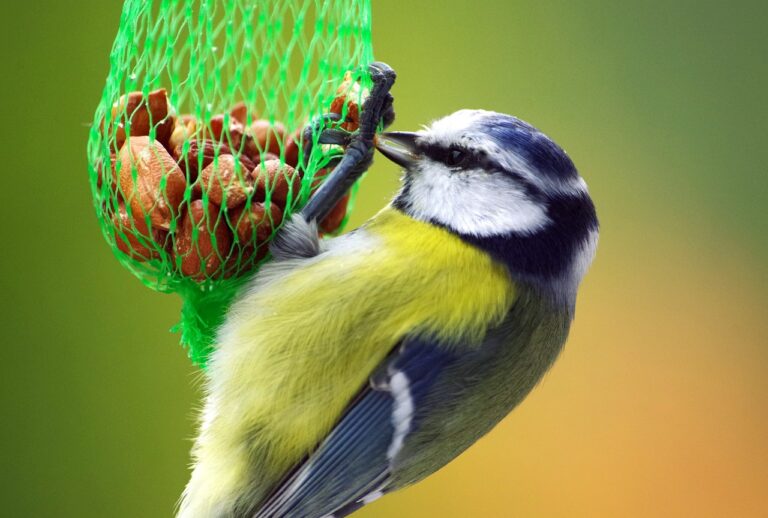Sustainable Livestock Farming: Improving Animal Welfare and Reducing Environmental Footprint
Implementing animal welfare standards on livestock farms has shown significant benefits for both the animals and the farmers. By ensuring that animals are provided with proper care, nutritious food, and a suitable environment, their overall health and well-being are improved. This can lead to increased productivity, better reproduction rates, and higher quality products for consumers.
In addition, maintaining high animal welfare standards can enhance the reputation of the farm and build trust with customers. Consumers are becoming more conscious about the ethical treatment of animals, and by demonstrating a commitment to animal welfare, farmers can attract a wider customer base and potentially command premium prices for their products. Overall, implementing animal welfare standards is not only the right thing to do for the animals but also brings economic and reputational benefits to livestock farms.
Efficient Resource Management on Livestock Farms
Efficient resource management on livestock farms plays a crucial role in ensuring the sustainability of the operation. By optimizing the use of resources such as water, feed, energy, and land, farmers can not only reduce waste and costs but also minimize the environmental impact of their activities. Implementing practices like precision feeding, water recycling systems, and alternative energy sources can significantly improve the efficiency of resource utilization on the farm.
Moreover, efficient resource management can enhance the overall productivity and profitability of livestock farms. By carefully monitoring and controlling resource inputs, farmers can achieve higher yields, better animal health, and improved product quality. This not only benefits the farm economically but also contributes to the long-term viability of the operation in a resource-constrained world.
Innovations in Sustainable Livestock Farming Practices
One innovative practice gaining traction in sustainable livestock farming is the use of precision agriculture techniques. By utilizing technologies such as GPS, sensors, and data analytics, farmers can better monitor and optimize various aspects of their operations, from feed management to waste disposal. This not only helps reduce costs and increase efficiency but also minimizes environmental impacts.
Another promising innovation is the adoption of agroforestry systems on livestock farms. Integrating trees and shrubs into grazing areas not only provides additional sources of forage and shade for animals but also helps sequester carbon, enhance biodiversity, and improve soil health. This holistic approach not only benefits the environment but also contributes to the overall resilience and sustainability of the farm operation.
– Precision agriculture techniques such as GPS, sensors, and data analytics are being used to monitor and optimize livestock farming operations
– These technologies help reduce costs, increase efficiency, and minimize environmental impacts
– Agroforestry systems on livestock farms integrate trees and shrubs into grazing areas
– This provides additional forage and shade for animals while sequestering carbon, enhancing biodiversity, and improving soil health
– The holistic approach of agroforestry benefits the environment and contributes to the resilience and sustainability of farm operations
What are the benefits of implementing animal welfare standards on livestock farms?
Implementing animal welfare standards on livestock farms ensures the well-being of the animals, improves the quality of the final products, enhances productivity and efficiency, and overall contributes to a more sustainable farming operation.
How can efficient resource management be achieved on livestock farms?
Efficient resource management on livestock farms can be achieved through practices such as proper waste management, water conservation techniques, energy-efficient systems, and utilizing renewable energy sources.
What are some innovations in sustainable livestock farming practices?
Some innovations in sustainable livestock farming practices include the use of precision agriculture technology, implementing rotational grazing systems, incorporating vertical farming techniques for animal feed production, and exploring alternative protein sources.







